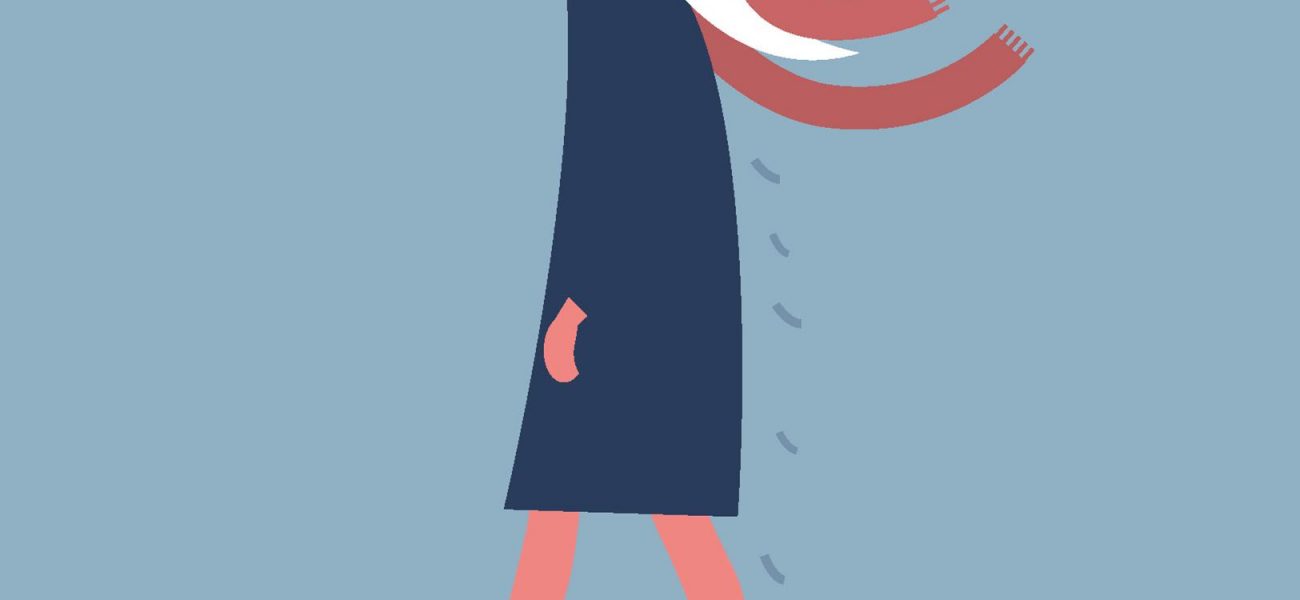Tissues in your bag? Olbas Oil on the pillow? Yep, you guessed it – cold and flu season is upon us. To find out what goes on, we asked Dr Riccardo Di Cuffa, founder and GP at your-doctor.co.uk what happens
Antibodies to the aid
“A cold attacks the cells in your upper respiratory tract, which raises the alarm by sending out messages to your white blood cells, blood vessels and brain,” explains Dr Di Cuffa. “As the virus takes hold, your body’s inflammatory responses will enlarge the blood vessels and make the blood flood the area with white blood cells in an effort to combat the virus, as well as produce antibodies to prevent it coming back. Often people don’t realise that a runny nose is your body getting rid of used white cells, the virus and excess fluid.”
Sleep on it
“The best treatment for a cold is to rest and get as much sleep as you can,” says Dr Di Cuffa. “Stay hydrated, keep warm, eat when you can and, if you feel uncomfortable, take paracetamol and/or ibuprofen. If you don’t feel better within a week, or if your temperature remains consistently high over several days, then give 111 a call so they can advise you. Antibiotics are only for bacterial infections and are useless in treating viral infections.”
In the air
“The saying, ‘you’ll catch a cold if you don’t wear a coat’, isn’t necessarily true, because you can’t catch one from feeling cold in the physical sense,” says Dr Di Cuffa. “It actually comes from one of 200 viruses. It’s more prevalent in the winter because we stay indoors more, and so the virus finds it easier to pass between humans. It can be transmitted by airborne droplets or by direct contact. Symptoms vary from person to person, but often includes sneezing, a runny or stuffy nose, a cough, a sore throat, a low-grade fever, feeling generally unwell, a headache or overall body aches. Catching a cold or flu can lead to further complications, such as pneumonia, bronchitis and sinusitis, which are all bacterial infections and require antibiotics.”
Not to be sniffed at
“Exercise is a good way to support your immune system and aids stress”, says Dr Di Cuffa. “But quality sleep and a diet packed with fruit and veg is vital for a daily boost of minerals, fibre and vitamins. If possible, avoid sugar, as 10 teaspoons of sugar per day may impair the ability of white blood cells to fight viruses. Try to get fresh air, as this will help you get sunlight exposure and increase levels of vitamin D. If you’re prone to infections or have a weakened immune system, consider taking vitamin C supplements to boost it. Also, good hygiene can help prevent the onset of common winter respiratory illnesses – so wash your hands well!”




















